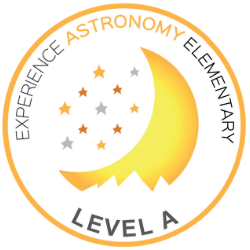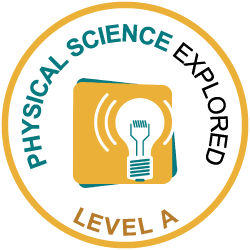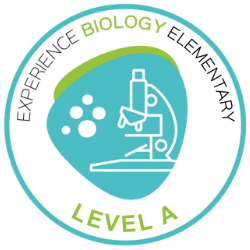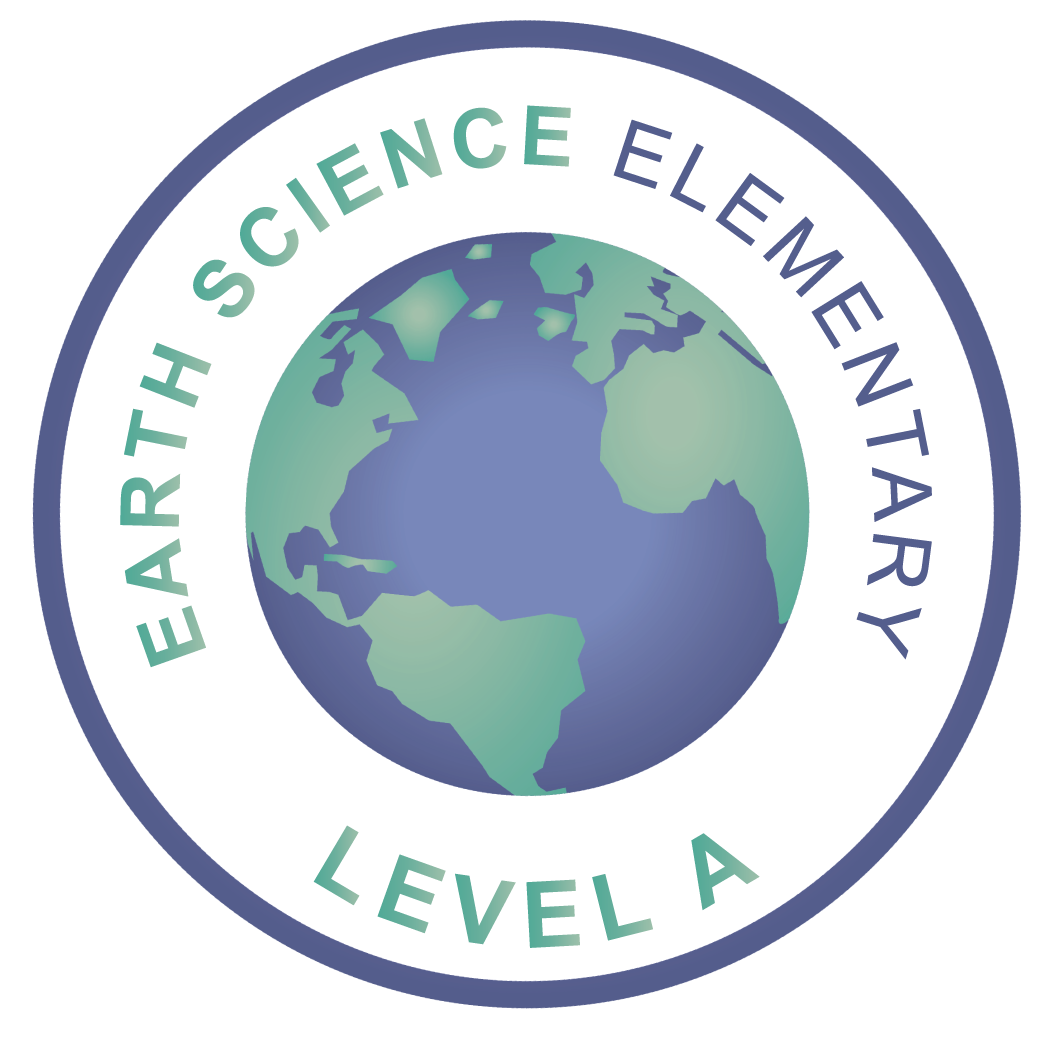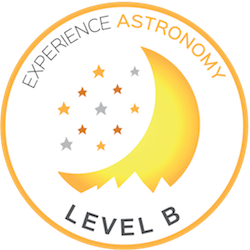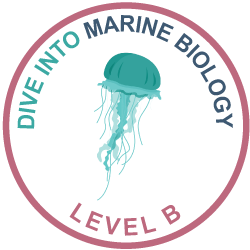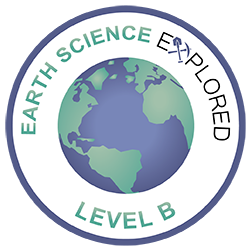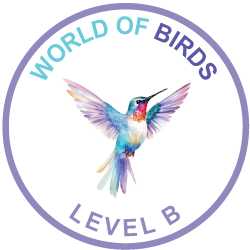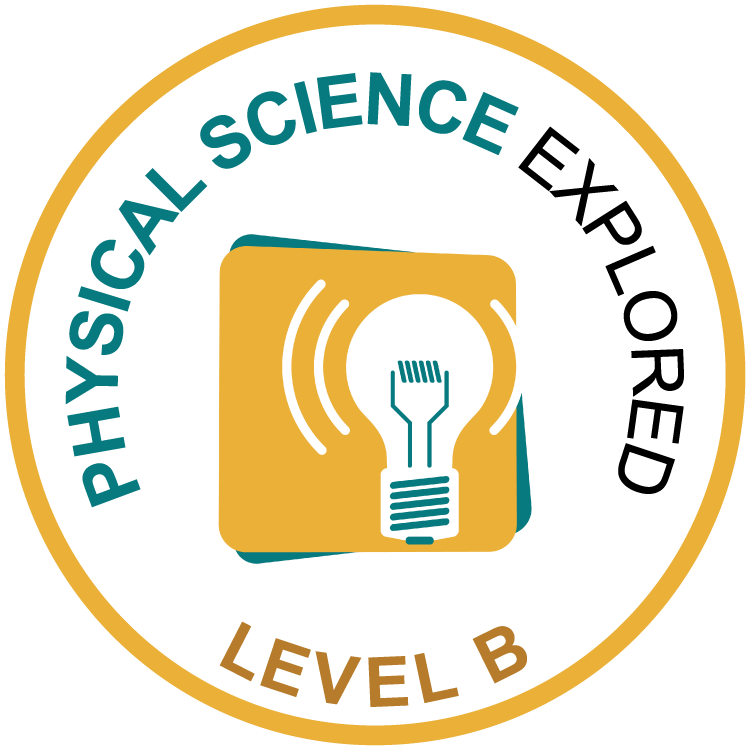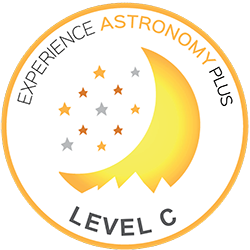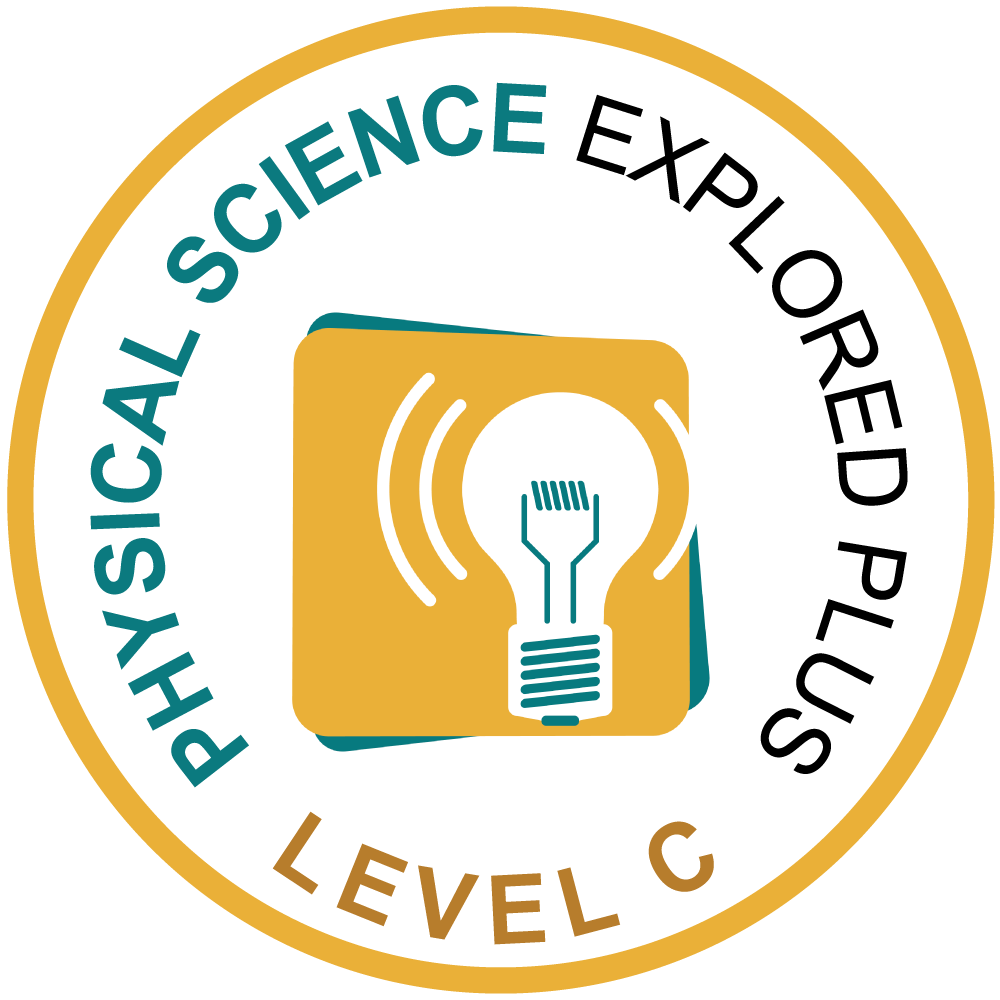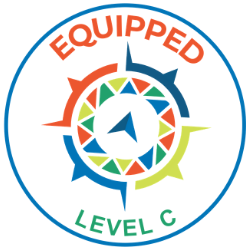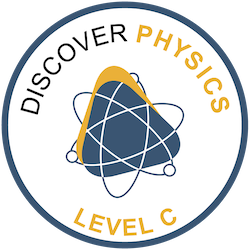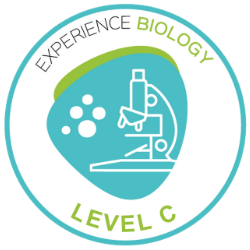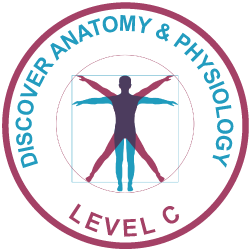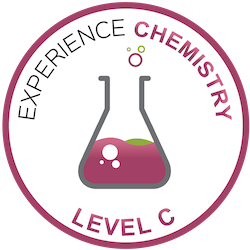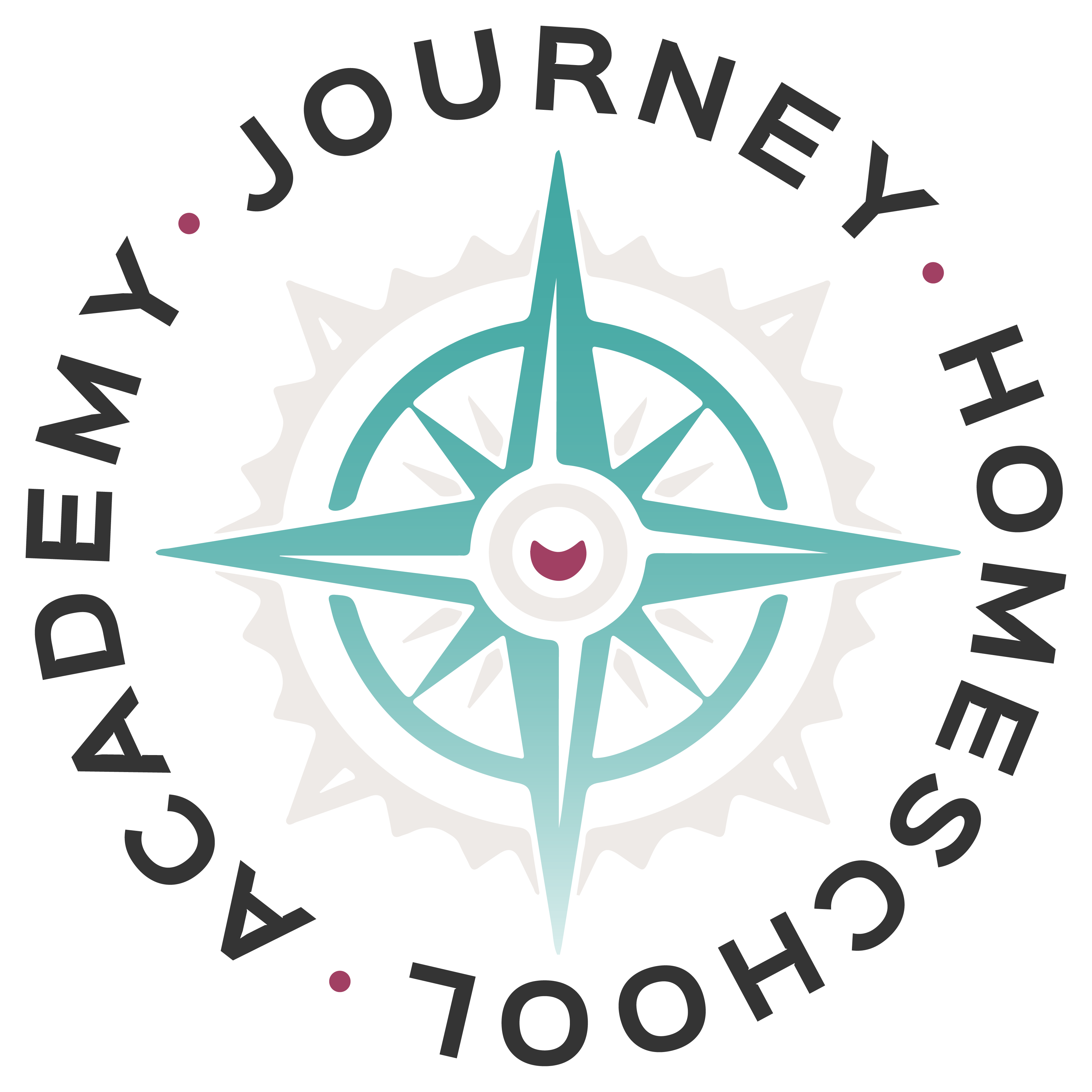As a parent, you’re aware that what your children need as they get older (academically, socially, and emotionally) changes!
Here’s the good news: As parents ourselves—of six kids from 3 to 20 years old—we’ve scaffolded our curriculum so it meets the specific needs of specific ages of children. Every level is intended to inspire your budding scholars with exactly what they need, when they need it.
Education needs to grow and morph just as our kids do.
Check out our courses for…

elementary
LEVEL A
From ages 6 to 11, our children are very hungry caterpillars! They have a voracious appetite for new knowledge—for chasing rabbit trails and exploring the “whys” and the “hows.” Children at this age have a seemingly limitless capacity for memorizing new facts, but they’re also very physical: they take in new information from the world—and express themselves—through their bodies.
Our elementary curriculum is designed to introduce kids to new concepts and get them excited about learning—specifically in the sciences. By feeding your students’ appetite for new knowledge, we’re helping you set the stage for success later on.
More important than just “teaching new facts,” our focus is on helping children experience science physically—through their bodies. At every step, they’re encouraged to use their eyes, ears, fingers, minds, and hearts to explore scientific topics. We prioritize tying scientific principles to other things in the world around your children, that they can see and touch.
Since young children are also growing their capacity to both memorize and imagine, we help them build a strong foundation for future learning through living books, videos, hands-on activities, copywork, and—yes—quizzes.
Our goal in Level A is to harness your child’s natural curiosity and inspire a love of learning that will serve them into adulthood.
Explore Our Elementary Courses:

middle school
LEVEL B
From ages 11 to 14, young people are in a place of transition. Suddenly, the things they previously accepted as fact demand to be explored and examined. Whereas younger children are content to talk about sea creatures one moment and why balloons float the next, middle schoolers need predictability and consistency in their learning.
One common mistake of teachers and parents alike is to assume that because middle schoolers have the capacity to think abstractly, they should forge ahead into the invisible forces at work in our world. What students need, during this transition phase, is to gain confidence—to have a bridge from childhood to early adulthood. A bridge between the hands-on (practical) and the theoretical (abstract).
In our Level B/middle school courses, it’s critical that:
01
We keep concepts accessible to students. Yes, they’re starting to get skeptical, with a radar that highlights inconsistency and falsehood. That’s why we must demonstrate the practical applications of what they’re learning. “Why do I need to learn this?” is a question our curriculum won’t shy away from!
02
Learning must be connected and interdisciplinary. They’re ready for ideas that cross multiple disciplines (like history, writing, science, culture, tradition) and fit into a bigger view of the world. Our curriculum crosses the lines of individual subjects and reveals how interconnected many of the things they’re studying already are!
03
Our curriculum encourages a natural growing independence from their parents, students are beginning to exercise. As part of this process, students learn skills like planning and organization, with the safety net of guidance (from the structure of our curriculum). We hold students’ hands through the process of planning and completing assignments, so our middle school courses are much more independent than elementary.
Our Middle School Video-Based Online Homeschool Science Courses
In this critical middle school transition period, we successfully bridge the world of done-for-you and completely independent as your student grows in maturity and responsibility.
Explore Our Middle School Courses:

high school
LEVEL C
From ages 14-18, students are spreading their “independence” wings—and it’s time for them to fly. They now have the higher-level thinking skills to draw connections among completely unrelated concepts.
At the forefront of our Level C curriculum is college- and life-preparedness. Your students are now capable of speaking fluent science. Fluent Bible. Fluent, adult-level thought (ahem…regardless of their decision-making abilities, which won’t mature for another decade).
At Journey Homeschool Academy, our curriculum encourages critical thinking skills and independence. We believe when you raise the bar by providing opportunities like writing real lab reports (vs. fill-in-the-blank worksheets) and projects that require multiple steps, your student will take pride in rising to the occasion.
In our Level C courses, your students will take concepts they’ve learned via the lessons, compare them, and then apply their new knowledge to solve new problems. We’ve paired our solid, rigorous academic curriculum with rich visuals to engage students on a deeper level. We employ both video and well-illustrated graphics to help science come alive!
Our High School Science Curriculum & Homeschool Online Video Courses
Our goal for Level C/high school courses is to give your students the independence and skills to back up whatever future they choose.
Explore Our High School Courses:

